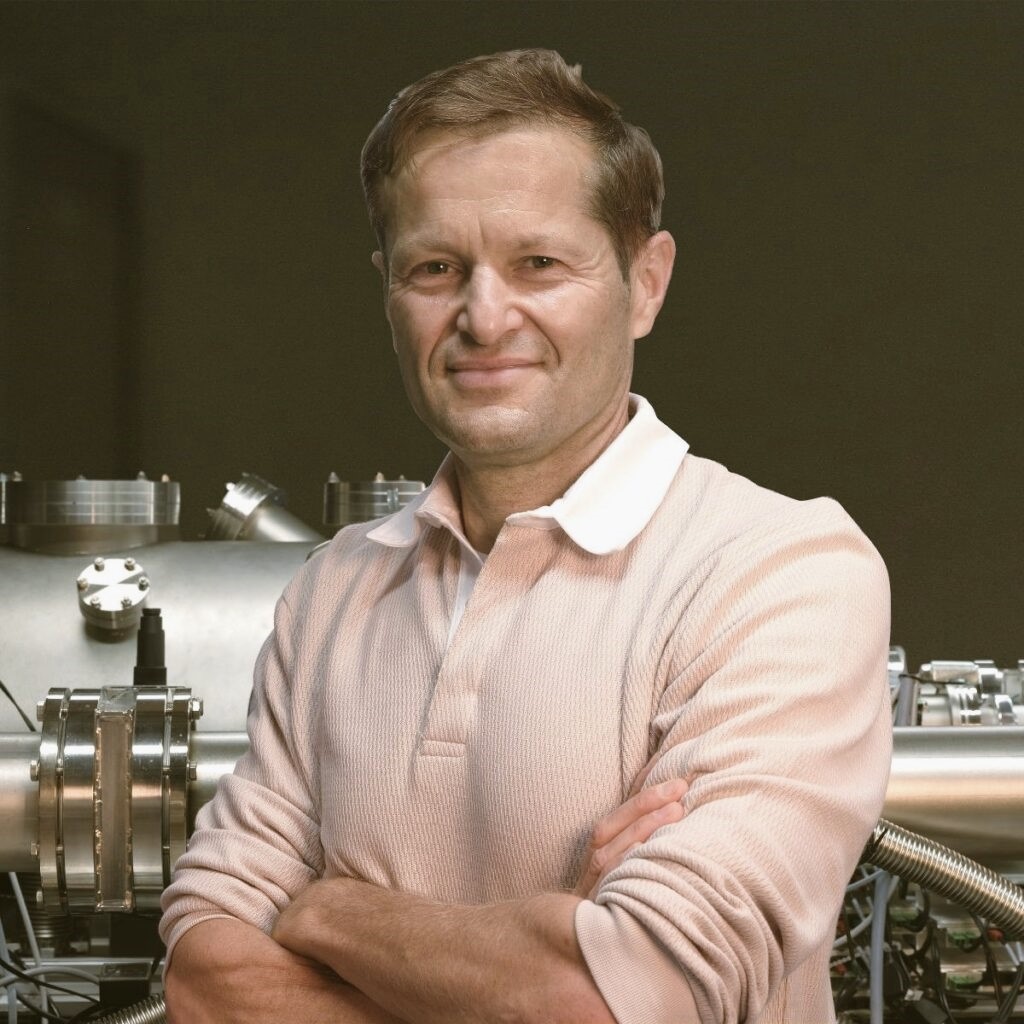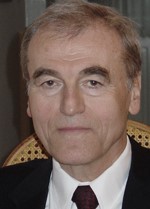After Anton Zeilinger was already able to bring the Nobel Prize in Physics to Austria in 2022, we are delighted to have another Nobel Prize winner in Physics with Austrian roots in 2023 and warmly congratulate Ferenc Krausz on this award!
Ferenc Krausz
Electrons for life: Nobel Prize winner Ferenc Krausz on his research
Ferenc Krausz - together with Pierre Agostini and Anne L'Huillier - was awarded the 2023 Nobel Prize in Physics on October 3, 2023. In its justification, the Nobel Prize Committee explicitly mentioned the experiments that Ferenc Krausz conducted in laser optics in the 1990s and early 2000s at the Technical University in Vienna, for which he received several prestigious awards. Prof. Em. Dr. Arnold Schmidt from the Institute of Photonics was his "guide and mentor" - as he himself describes him.
Ferenc Krausz presented his Nobel Prize-worthy research between electrons, attoseconds and ultrashort light pulses as early as 31 May 2021 at a formal meeting of the Austrian Academy of Sciences (ÖAW) with the lecture title "Electrons for Life":
Ferenc Krausz studied physics at the Technical University of Budapest. In 1988, he moved to the Vienna University of Technology, where he received his PhD in 1991 and his habilitation in laser physics just two years later. In the following years, he repeatedly succeeded in conducting important experiments at the TU Vienna, with which he laid the foundations for a new field of research: attosecond physics, the study of effects that occur on time scales that are barely conceivable for us: An attosecond is one billionth of a billionth of a second.
He first became an assistant professor, then professor of electrical engineering at TU Vienna. Finally, in 2004, he moved to LMU Munich and became director of the Max Planck Institute for Quantum Optics (MPQ) in Garching. To this day, he is an honorary professor at TU Vienna.

Nobel laureate Ferenc Krausz
© MPI for Quantum Optics

Mentor Prof. Em. Arnold Schmidt
© ÖAW